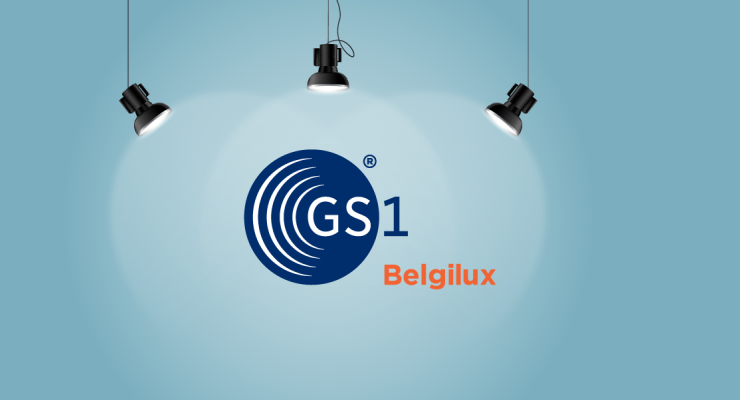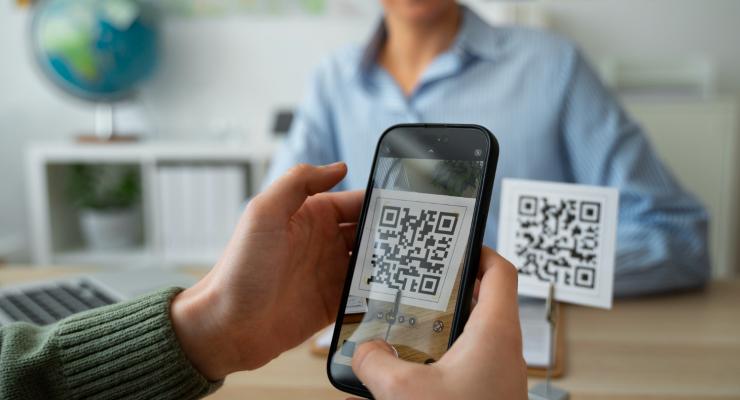
"As a neutral, independent advisor on standards, GS1 clearly offers added value."
Since starting to use ISO 6523 code 0209 within Peppol BIS v3, the Vlaams Energiebedrijf (VEB) has been able to significantly simplify its invoicing process. The code not only made e-invoicing more efficient for the company, but also for its customers. We learn more about it in our interview with Maarten Maes, process and innovation manager at VEB
Vlaams Energiebedrijf
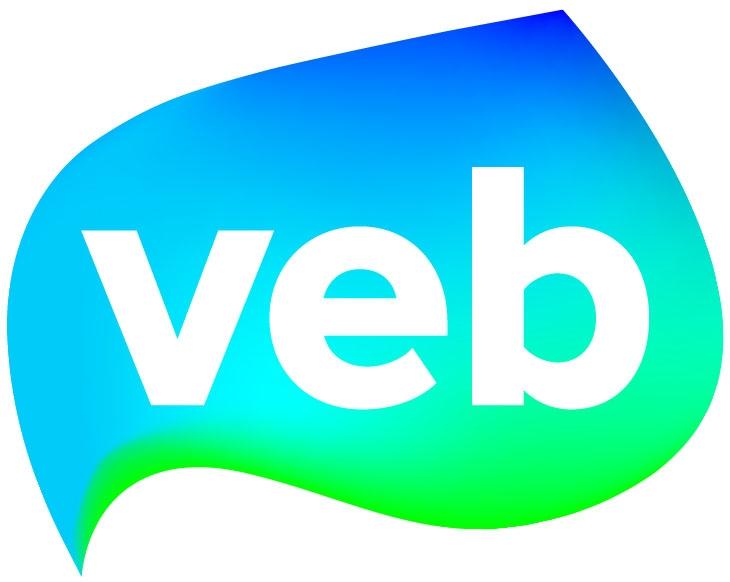
The VEB is an external independent (privatised) agency of the Flemish government, which operates within the environment policy area, for which Flemish minister Zuhal Demir is responsible. VEB’s aim is to make energy management in the public sector more sustainable and efficient. This is done by encouraging the public sector to save energy, by centralising data and by purchasing green energy centrally and then supplying it to the public sector.
"Because VEB acts as a central purchasing body for energy, we can fully relieve our customers (including cities and municipalities, VDAB, De Lijn, and others, up to and including local religious councils) of the burden of issuing public tenders," explains Maarten Maes. "We do that for them. And thanks to central procurement, we can also negotiate and offer lower prices."
EANs occupy a central position in the invoicing process. "The customer can get an invoice per EAN, if they wish, or have all the EANs bundled together, per month." The EAN, or European Article Numbering, is used to identify an electricity connection. This corresponds to GSRN in the current GS1 identification keys.
More streamlined
Bundling allows the VEB to greatly reduce the number of invoices. The customers still retain the detailed information because an appendix with all the EANs is included with the invoice, or alternatively, the data can be consulted via the VEB customer portal. Peppol has been the standard for invoicing in the Flemish public authorities since 2017. Has the VEB noticed any specific benefits from their daily use of Peppol?
"The biggest change in the invoicing process at VEB is mainly the substantial simplification of it," indicates Maarten Maes. "Specifically, processing is much more efficient, as our customers' accounting packages are able to read Peppol invoices directly. Processing of invoices and associated information by post or as a PDF document means much longer turnaround times and risks information going lost."
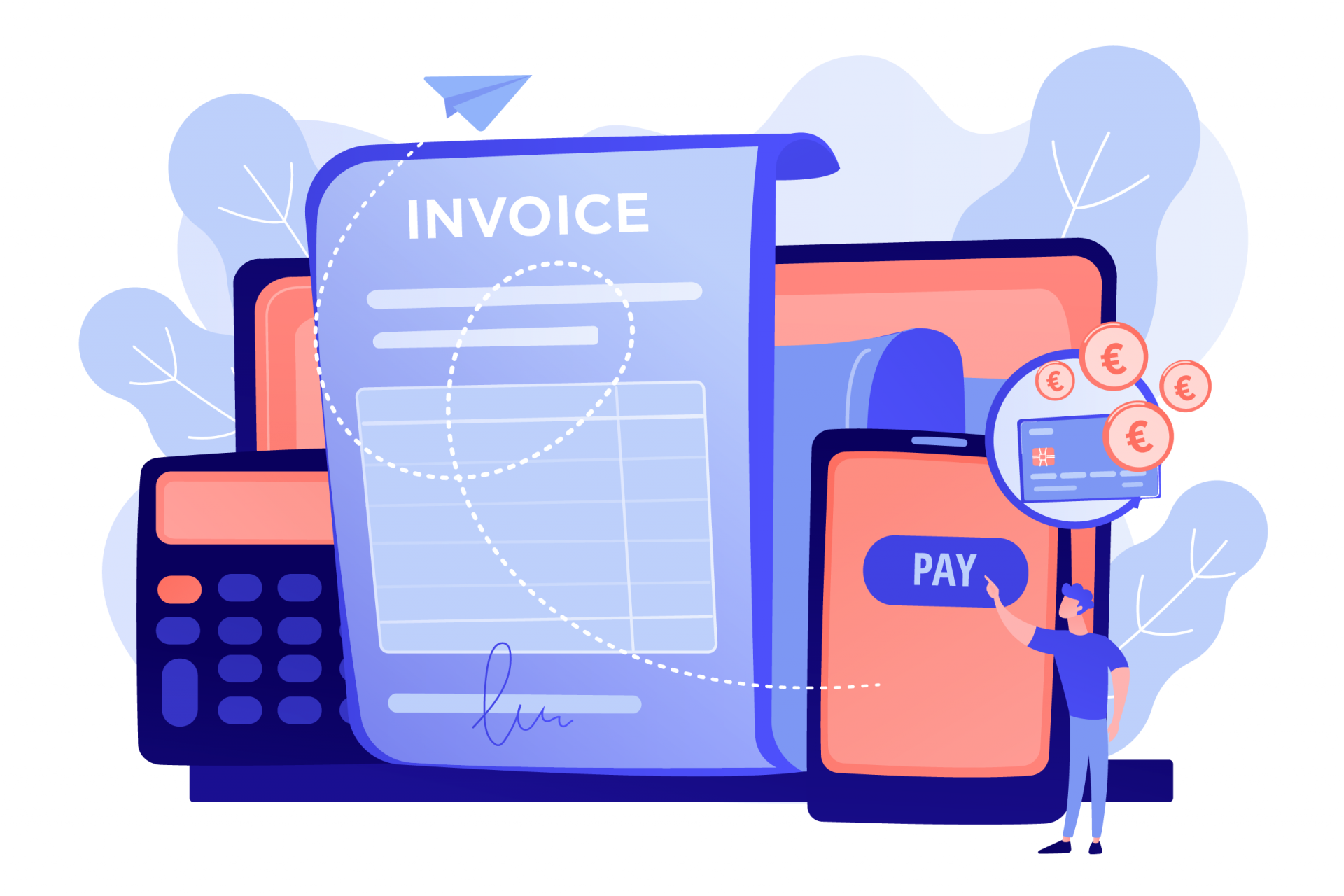
Migration from v2 to v3
Peppol BIS v3 has been available since 2019. How did the migration from Peppol BIS v2 to v3 go? "By the time the VEB started using the system it was the end of 2020," explains Maarten Maes. "We deliberately chose to link the migration from Peppol BIS v2 to v3 to a further optimisation of our document distribution process, together with our partners Cogenius (software supplier), ACTO (document distribution manager) and ARCO (access point)."
GS1 Belgilux played an active role in that migration, which will allow VEB to invoice more flexibly in the future, and to be more responsive to market changes and customer demands. "Thanks to the GS1 training, we understand Peppol better, which also allows us to guide our customers better. In addition, GS1 was in our project group, in which we brainstormed solutions. As an independent party that knows the market inside out, GS1 can indicate at an early stage where bottlenecks may exist, and the organisation also draws on best practices from their other contacts, such as umbrella- and sector-wide organisations."
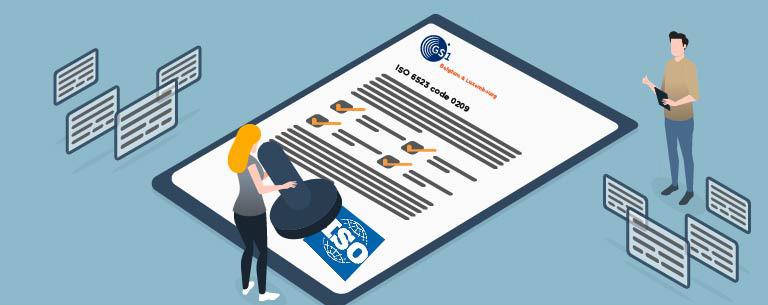
The importance of code 0209
What is the significance of the ISO 6523 code 0209* within Peppol BIS v3 invoicing? Does it simplify electronic invoicing? "For us, the EAN code, as identification of the delivery point, has a holy-grail status. That's why we added this GS1 standard (StandardItemIdentification) right at the start of Peppol BIS v3. We have also kept the reference in the original place in the invoicing (SellersItemIdentification), so that all customers can work with the information."
The VEB is investing in this new standard with one eye firmly fixed on the future. "Existing customers who have already adopted it are enthusiastic about the fact that code 0209 (with standardised indication of the delivery point) is available. Other customers can make the transition to the new code at their own pace. It is likely that we will gradually delete the old (unstructured) reference. If we eventually need to repurpose the old (SellersItemIdentification) element, we will communicate our intention to everyone in good time and encourage the switch."
* ISO/IEC 6523 is a standard intended to define a structure for the unique identification of organisations and parts thereof when exchanging computer data, and to specify the registration procedure for obtaining an International Code Designator (ICD) value for an identification scheme. In addition to ICD 0088 for the GS1 Location Number (GLN) and 0160 for the GS1 Global Trade Identification Number, GS1 also requested code 0209 for the identification of other GS1 standards. More information is available here.

